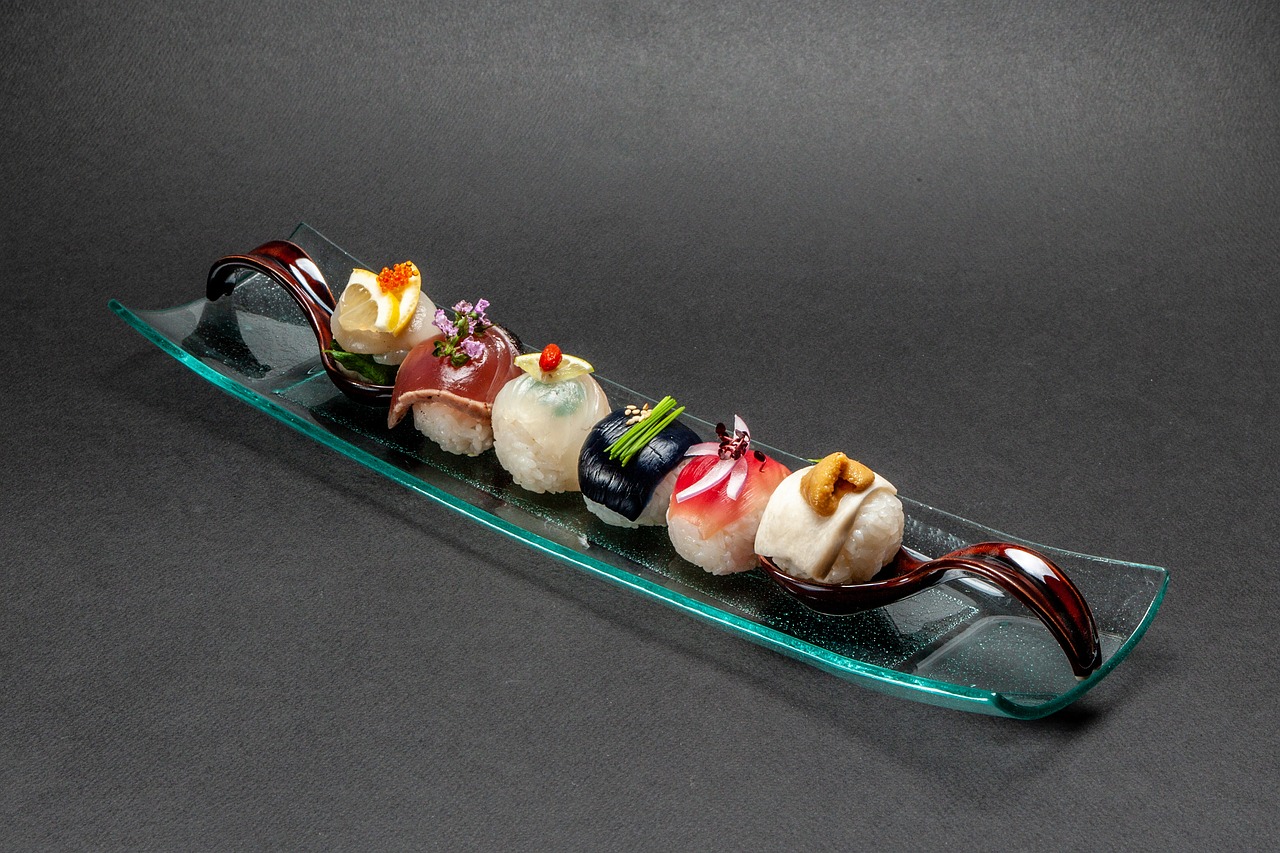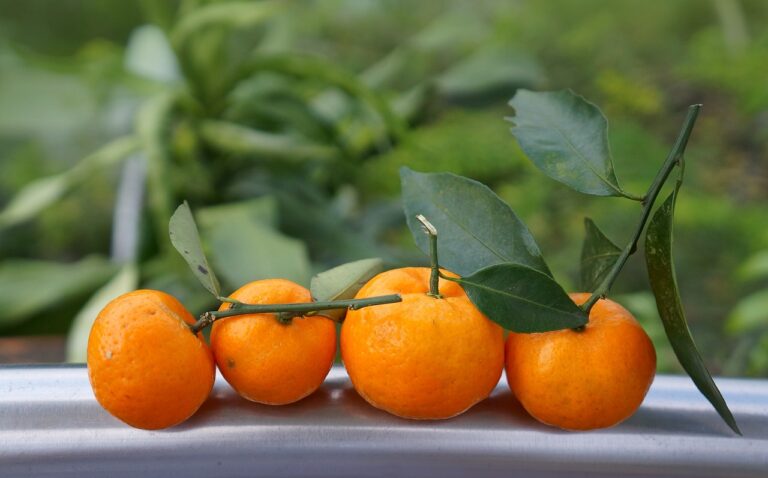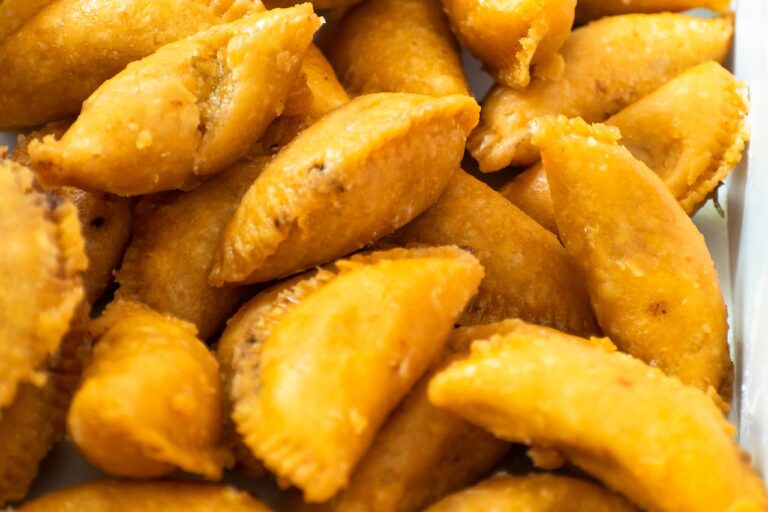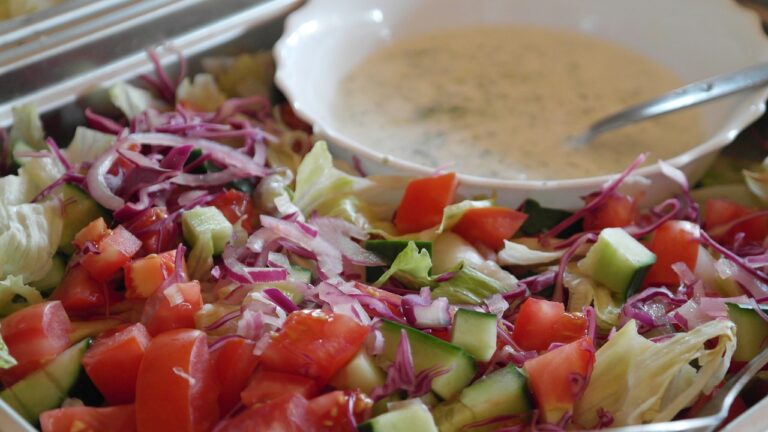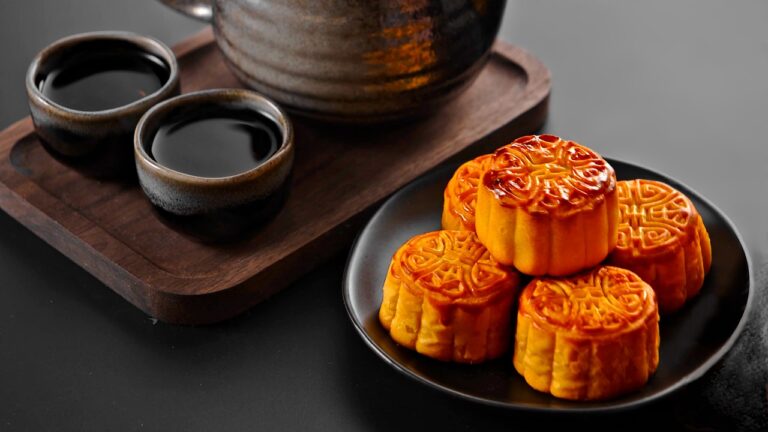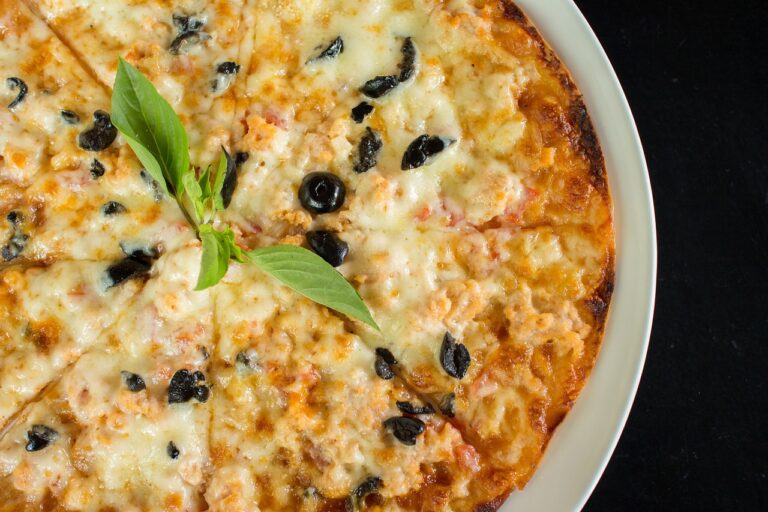The Fascinating World of Food History: Tracing Culinary Traditions.
Food is not just sustenance; it is a reflection of culture, history, and tradition. The origins of culinary traditions can be traced back to the earliest human civilizations, where what people ate was influenced by a combination of geographical location, available resources, and societal beliefs. In ancient times, food was not only a means of survival but also a way to express identity and create a sense of community.
As civilizations began to interact through trade and conquest, culinary traditions started to evolve and blend. The exchange of goods and ideas led to the introduction of new ingredients, cooking techniques, and flavors that enriched the culinary landscape. This cultural exchange laid the foundation for the diverse and vibrant array of cuisines that we enjoy today, with each dish telling a story of history and heritage.
• Food is a reflection of culture, history, and tradition
• Origins of culinary traditions can be traced back to earliest human civilizations
• Influenced by geographical location, available resources, and societal beliefs
• Food was not only for survival but also a way to express identity and create community
As civilizations interacted through trade and conquest:
• Culinary traditions started to evolve and blend
• Exchange of goods and ideas introduced new ingredients, techniques, flavors
• Enriched the culinary landscape with diverse cuisines
• Each dish tells a story of history and heritage
Early Influences on Food History
The first known civilizations greatly impacted the development of culinary traditions through their dietary practices and cooking methods. Ancient Mesopotamians relied heavily on grains such as barley and wheat, leading to the invention of bread and the utilization of various brewing techniques for beer production. In Egypt, a rich agricultural society, the cultivation of crops like wheat, barley, and flax laid the foundation for a diverse range of dishes and beverages.
Meanwhile, the Indus Valley civilization in present-day India and Pakistan introduced a wide array of spices and herbs into their cuisine, showcasing a profound understanding of flavors and aromatic ingredients. Furthermore, the ancient Chinese dynasties elevated their culinary artistry with the introduction of stir-frying, steaming, and braising techniques that continue to influence Chinese cooking to this day.
Evolution of Cooking Techniques
Over centuries, cooking techniques have undergone a remarkable evolution, mirroring the changing lifestyles and environments of societies. Initially, the use of open flames for cooking was a pivotal development in human history, allowing for the preparation of food in a more efficient manner. As time progressed, the advent of pottery and the utilization of various utensils contributed to the diversification of cooking methods.
Furthermore, with advancements in technology, the invention of ovens and stoves revolutionized the culinary landscape, providing more controlled and precise means of cooking. Techniques such as grilling, baking, roasting, and frying became popular, each offering unique flavors and textures to dishes. The evolution of cooking techniques continues to this day, with modern innovations like sous vide cooking and molecular gastronomy pushing the boundaries of culinary creativity.
What are some of the earliest culinary traditions?
Some of the earliest culinary traditions can be traced back to ancient civilizations such as the Egyptians, Greeks, and Romans, who developed sophisticated cooking techniques and recipes.
How did early influences shape food history?
Early influences such as trade routes, conquests, and migrations introduced new ingredients, spices, and cooking methods to different regions, leading to the evolution of diverse culinary traditions.
How have cooking techniques evolved over time?
Cooking techniques have evolved significantly over time with advancements in technology, such as the invention of ovens, stoves, and pressure cookers, as well as the development of new cooking methods like sous vide and molecular gastronomy.

